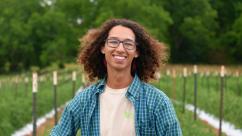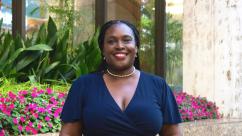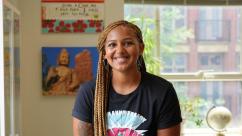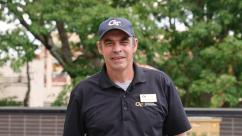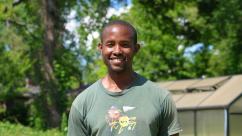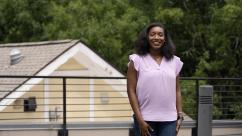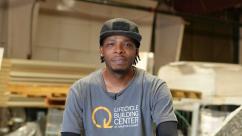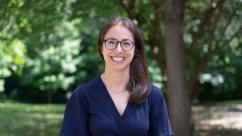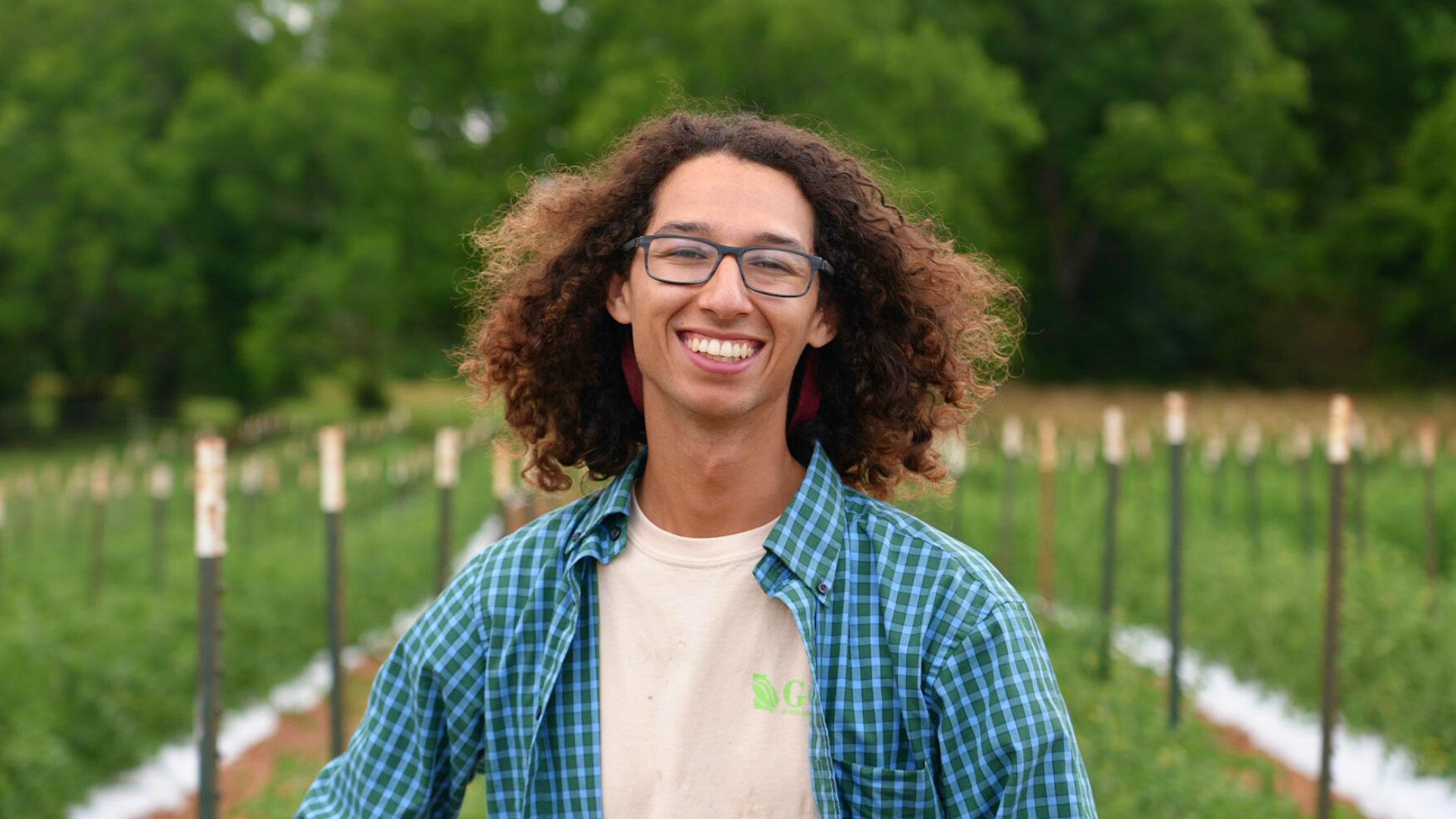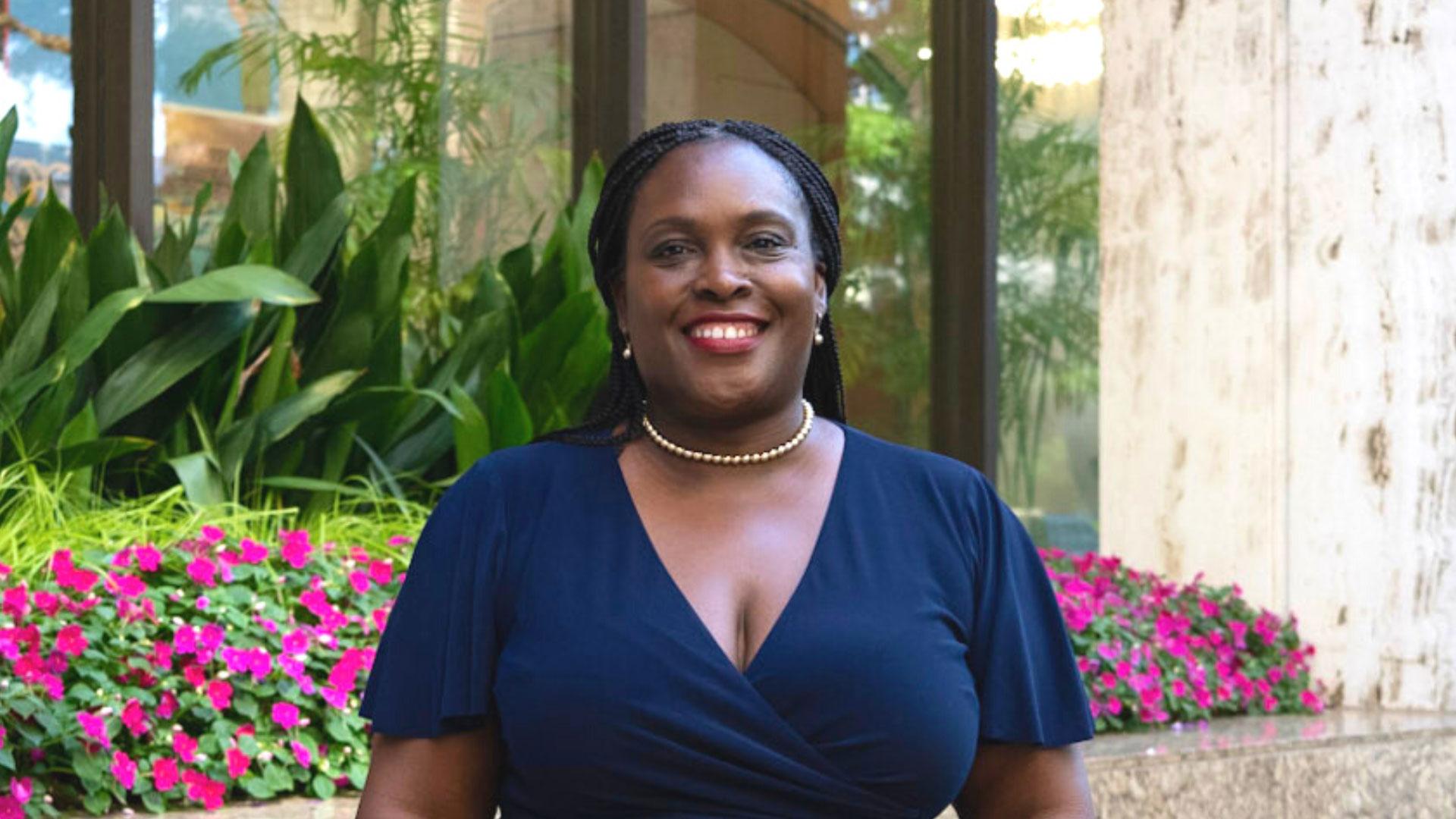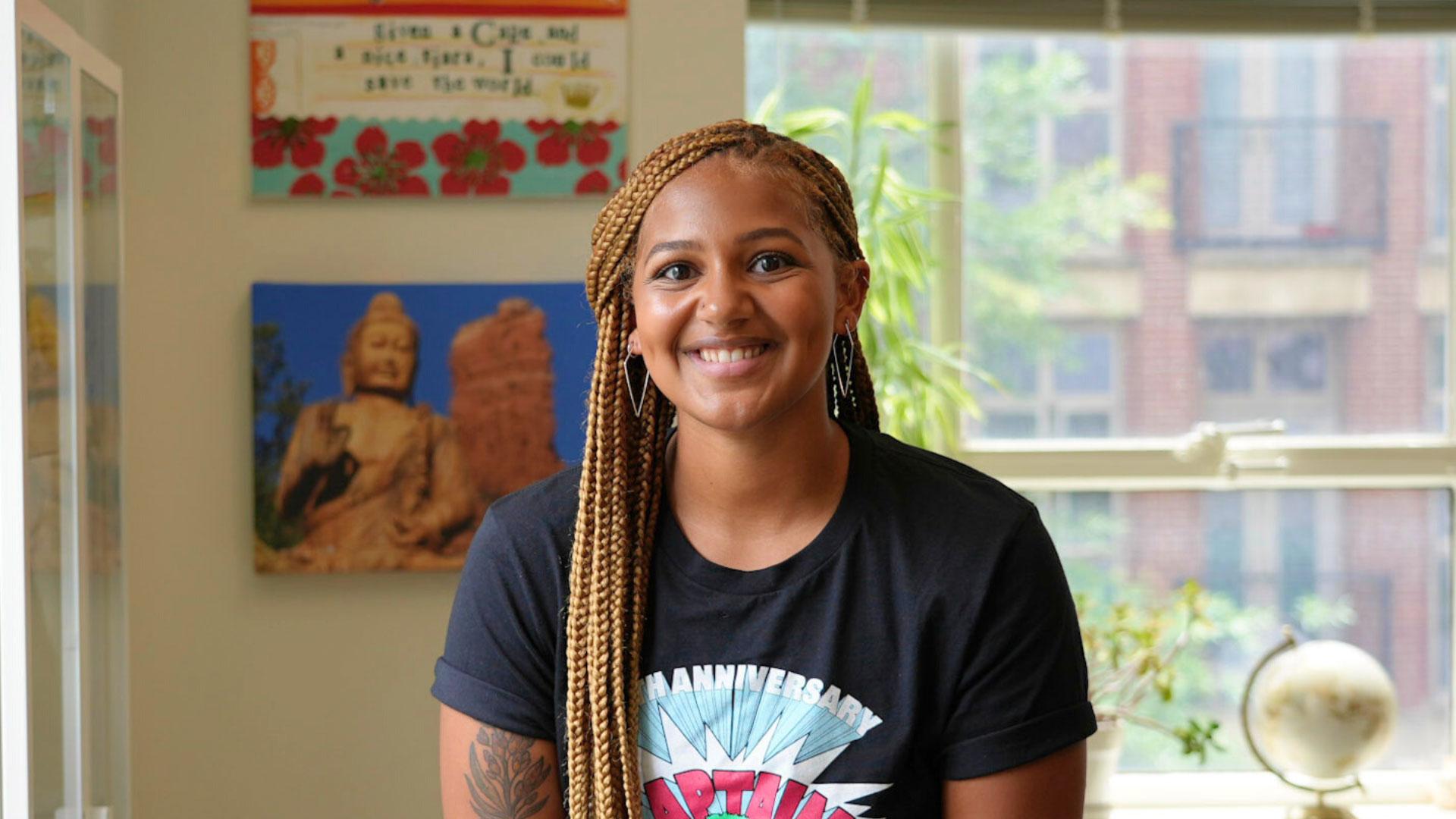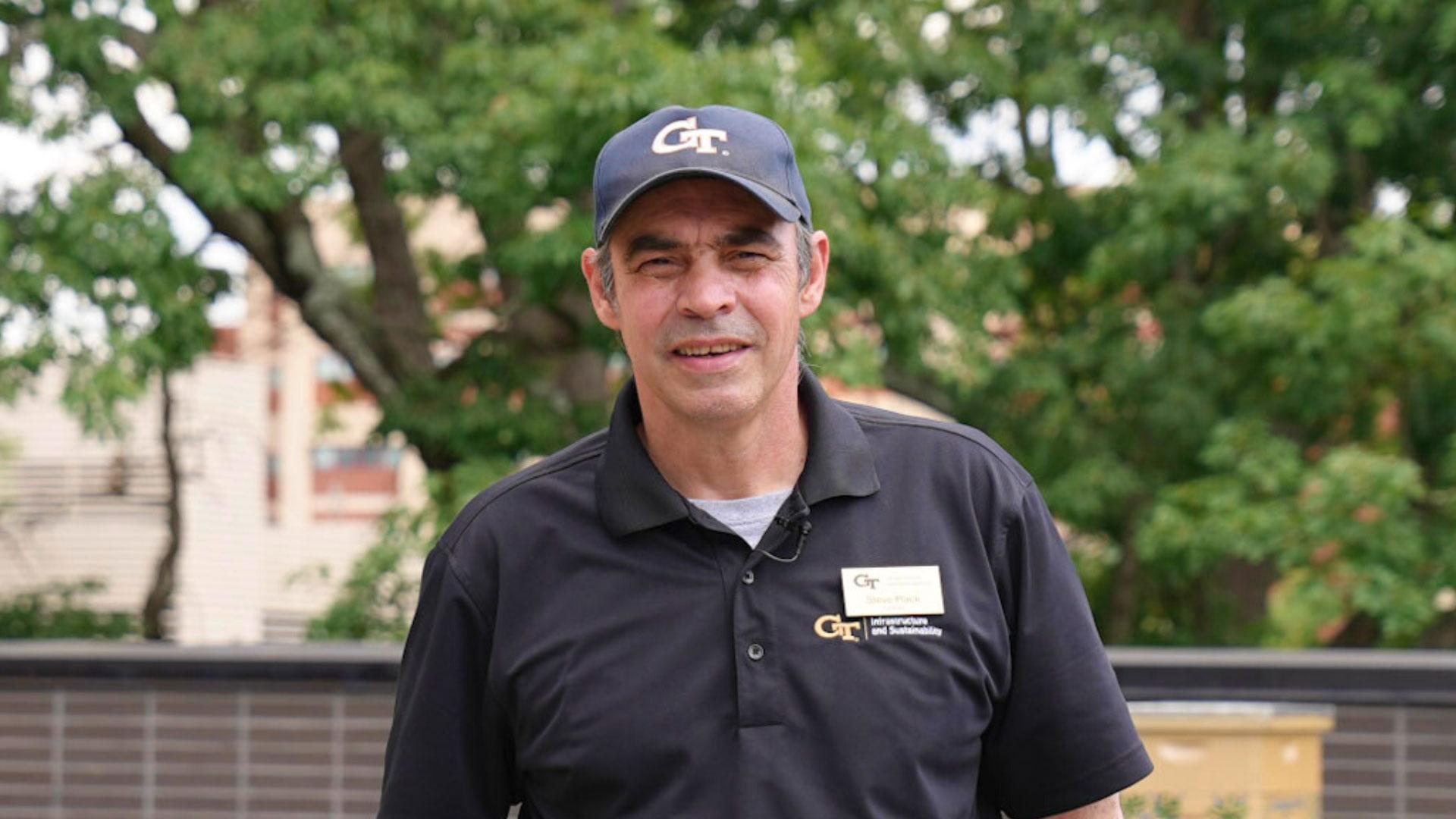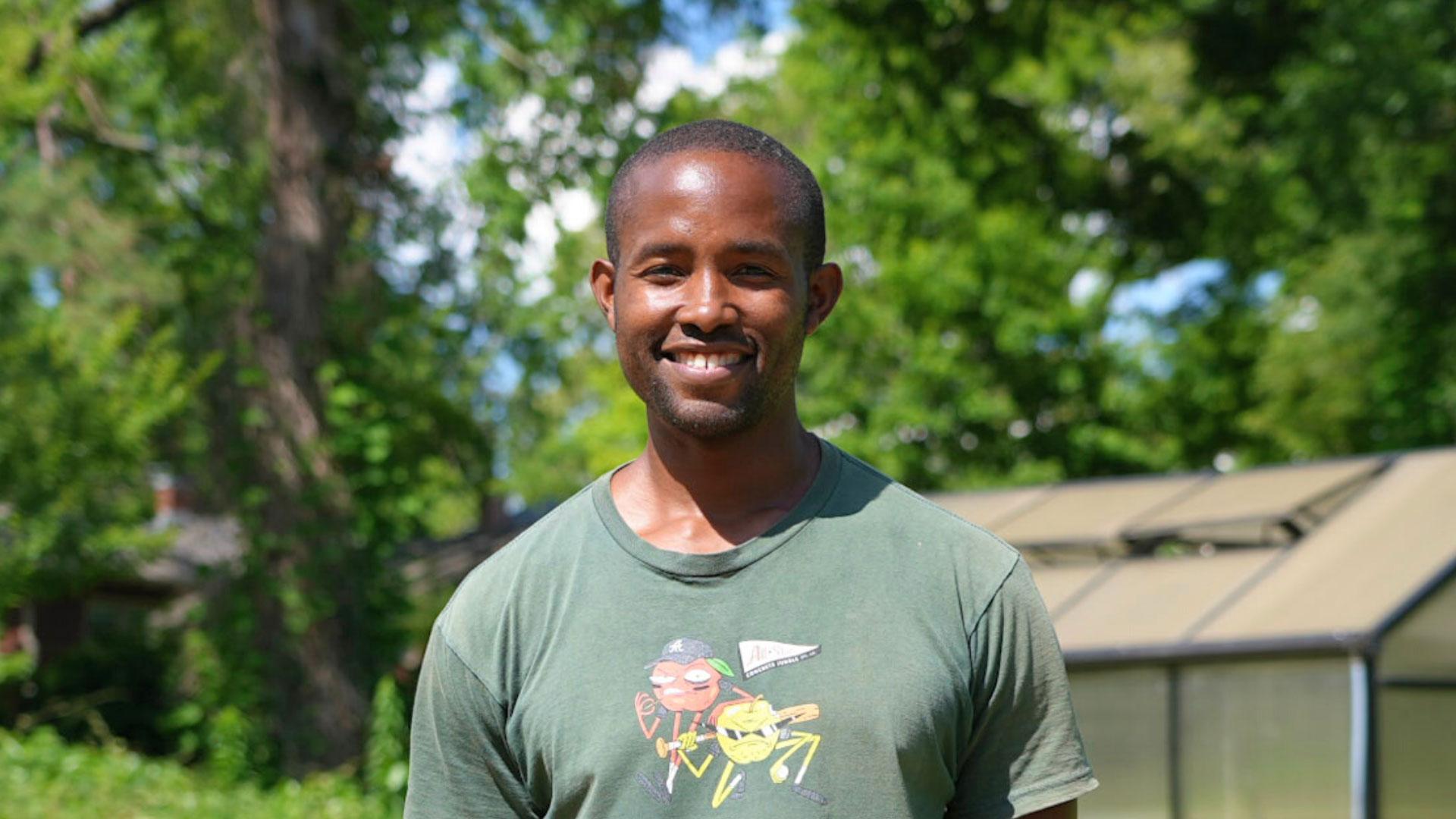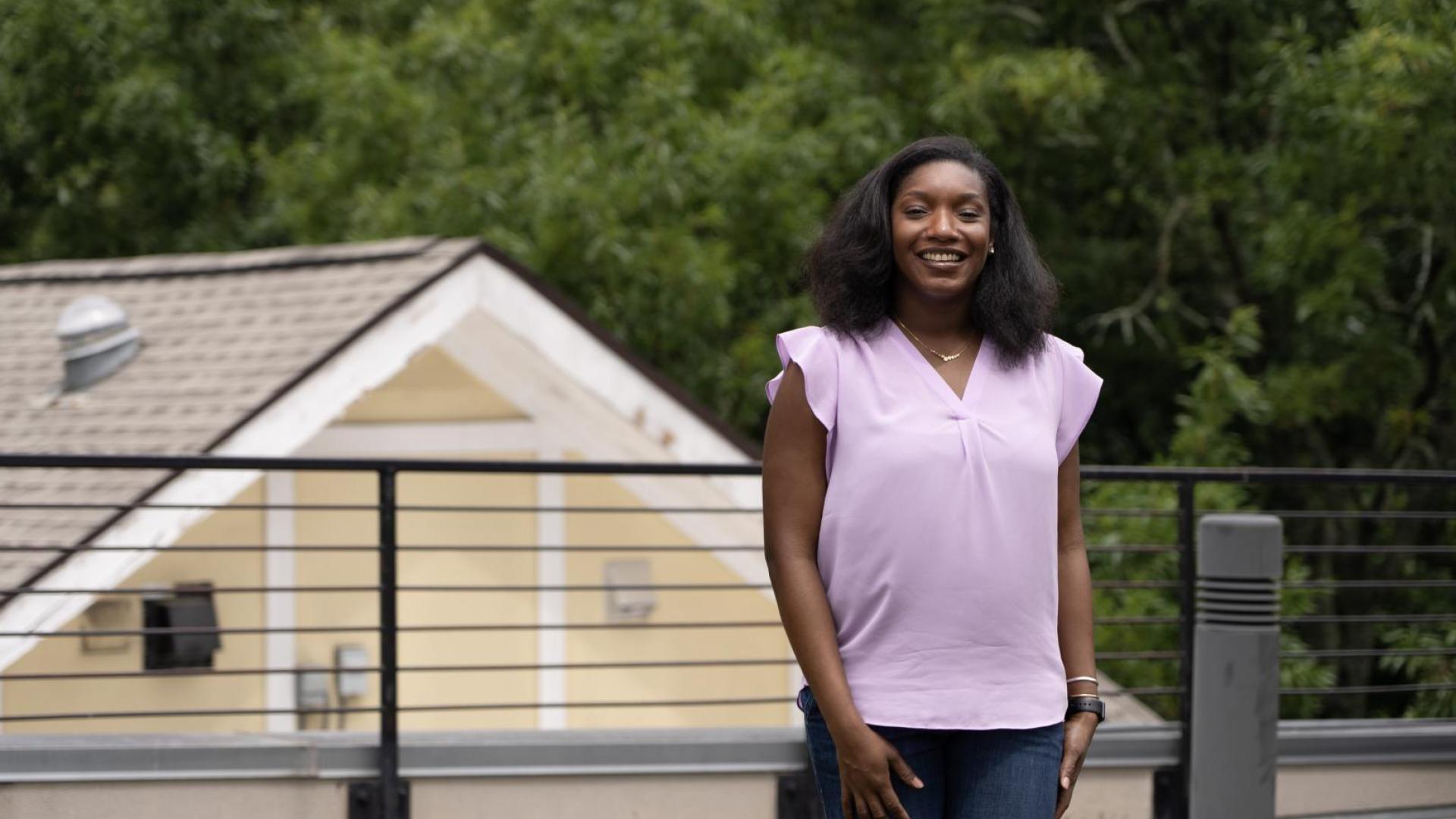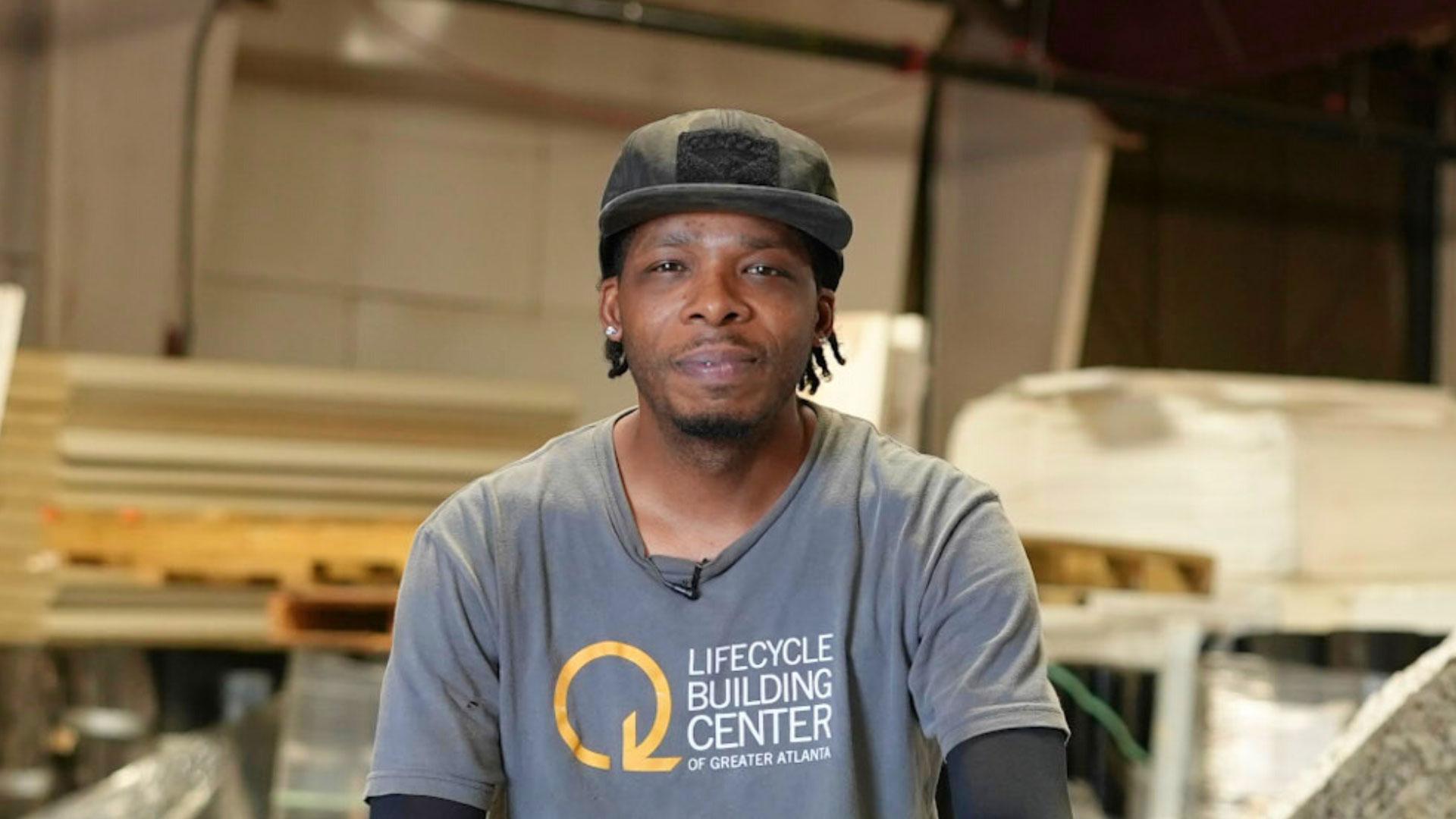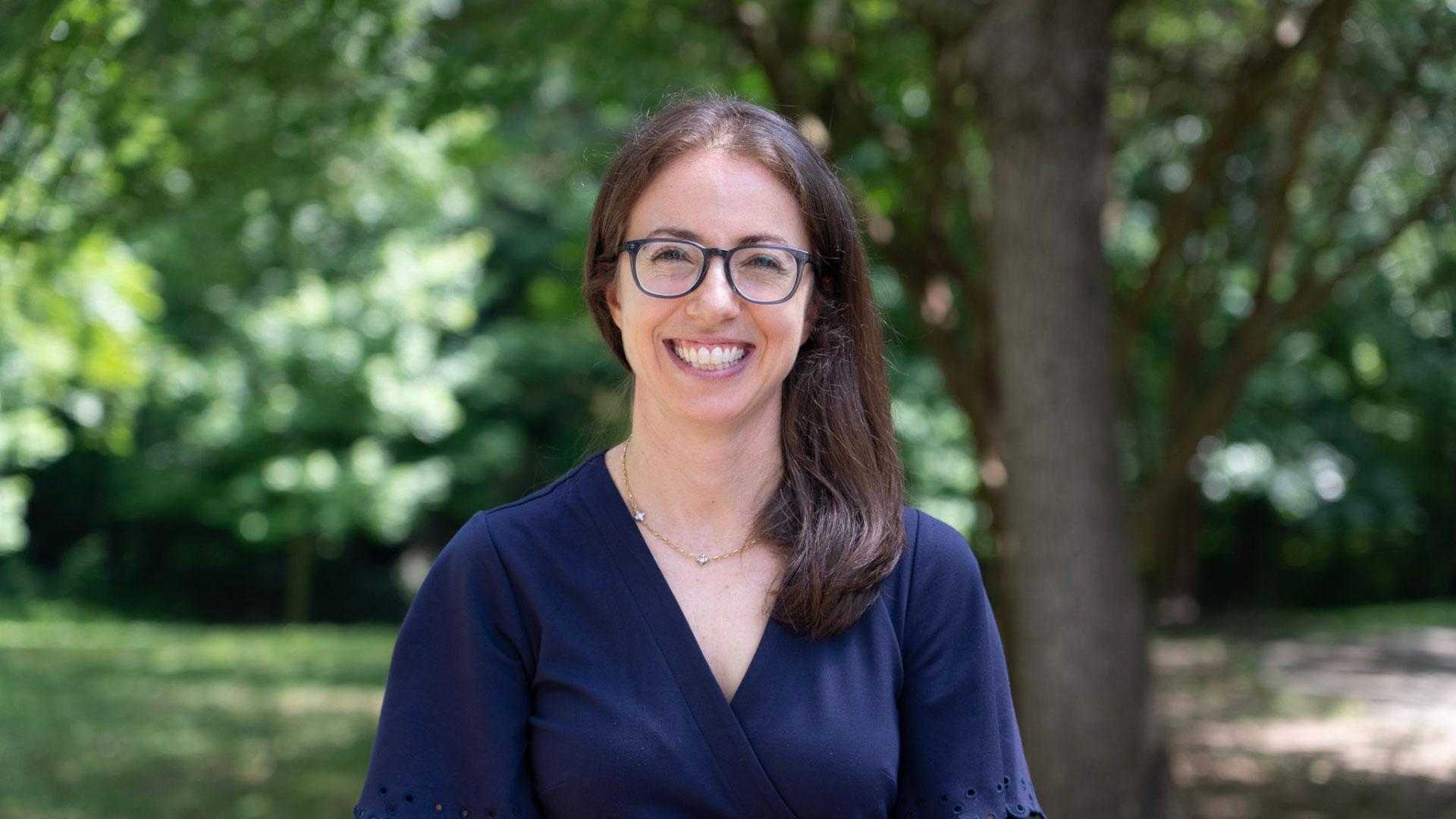Eri Saikawa: Using Science to Power Environmental Justice
In this Episode
Eri’s Story
Eri Saikawa is a professor and environmental scientist at Emory University who uses curiosity to propel climate solutions that promote a healthier environment in Atlanta's neighborhoods. Eri's passion for science and care for the community inspired her to ask important questions about the intersections of air pollution, agricultural emissions, and climate change. Eri's work through the Hercules Research Center at Emory has included a partnership with the historic Westside Gardens for soil testing. That testing uncovered that some residential lots had very high levels of lead contamination with over 400 parts per million (ppm), which can have dangerous health repercussions, including developmental issues for children. Recognizing environmental injustices thanks to the power of scientific testing has inspired new passions in Eri to build community power for just solutions. Eri has uniquely combined her interests in science and community engagement to help draw down emissions and remediate pollution in ways that are helping to create a more just and sustainable world.
Discussion Questions
One of the most important things you can do when it comes to climate change is talk about it.
- Eri describes the path to her career in research as a winding one. Growing up, Eri described herself as quiet, interested in puzzles and reading, and fascinated by solving complex problems. She explored various career paths, such as technology and policy for environmental change. Eventually, she landed a career in research because she wanted to explore questions in a profound way that honored her natural curiosity about the world, knowing that the research findings could be meaningful. How would you describe yourself as a young child? What were you interested in? Is there potential for your early interests to influence your career path?
- One aspect of Eri's research is climate modeling, which simulates the world in order to not only better understand the current atmosphere and indicators of climate change, but also to predict what our future climate will look like under various scenarios based on our actions to draw down emissions. How is climate modeling a meaningful tool for generating the momentum the world needs to achieve drawdown?
- Eri describes Atlanta as a special place, especially because of its diversity and its many cultures and languages. Yet neighborhoods and communities can tend to be segregated. These observations have inspired Eri's approach to climate work: As we fight for our shared planet and health, we must be unified—regardless of differences. As a result, building community for collective action has become essential to Eri. What is an example you have witnessed or experienced that showcases the power of a community coming together to create positive change?
- Building networks of healthy, fresh, and affordable foods is essential for a just climate future, as is reducing our food waste to help draw down climate emissions. Eri is helping to lead climate solutions at Emory University by creating an anaerobic digester on campus that converts food waste by using microorganisms that help decompose it, a process which produces biogas, a renewable energy. How can the anaerobic digester prototype that Eri is creating present new opportunities for environmental justice?
- Soil testing through the Hercules Research Center has been an important project at Emory University, serving as an opportunity to identify ways to develop the potential for smart agricultural solutions, like carbon sequestration. What is carbon sequestration, and how is it a climate solution?
- An unanticipated outcome of Eri's research was that it led to the discovery of high levels of lead—which is quite dangerous for health—on some residential lots in the Westside neighborhood. One of these lots was a children's garden. The data from this research became a powerful tool to uncover environmental injustice on the Westside. Eri and students created a compelling case to report to the Environmental Protection Agency (EPA), which prompted a brownfield investigation that led to these lots being designated as superfund sites. A superfund site is a place where, due to hazardous waste, the EPA is provided the funds and authority to lead clean up work. What is the importance of utilizing data and research to help demonstrate the need for climate justice?
- Eri is concerned that lead contamination is not just found in Atlanta’s Westside. She suggests that we look at climate solutions through a holistic lens to see the throughlines showing those who already live in an environmental justice community are often more susceptible to pollution and other environmental stressors. It becomes crucial to ask questions about the land around us. Are there sources of climate pollution and instances of environmental injustice that you can identify in or near your community? How could research and data serve as tools to help uncover opportunities for solutions?
- Every job now can be a climate job. You don't have to specialize in climate change to infuse climate action into your work, regardless of whether you are an accountant, teacher, or engineer. Eri's advice for people exploring different career paths—and who are also interested in climate issues—is to consider what you are already interested in and good at. After all, where your passion meets opportunity is where good things can come out and positive change can emerge. When thinking about the climate crisis, is there a specific aspect you want to learn more about? What is something that you are already good at, and how can you use that skill or talent to uniquely be a part of propelling climate action forward?
- Eri talks about her love of operating HAM radio as a hobby, and joining competitions with them. HAM radio, otherwise known as “amateur radio”, is a very old form of communication; through the use of antennas, HAM radios have the possibility of reaching people far away. Eri explains she finds the unexpected surprise of not knowing who you might be able to make contact with as part of what makes it so fascinating for her, as well as the element of competition. What is an uncommon, unlikely, or unique interest or hobby that you have? What do wish others understood about why it matters to you?
Learn More
Learn about the solutions in this story.
- Solution Sector: Electricity
- Solutions Sector: Industry
- Solution: Waste to Energy
- Solution: Methane Digesters
- For more on all of the Drawdown climate solutions, visit drawdown.org/solutions.
- Learn more about Eri’s work: Emory University
Explore Climate Solutions 101, the world's first major educational effort focused solely on climate solutions. This video series combines Project Drawdown’s trusted resources with the expertise of inspiring, scientifically knowledgeable voices from around the world: drawdown.org/climate-solutions-101.
Take Action
- Drawdown Ecochallenge, presented by Ecochallenge.org, is a fun and social way to take measurable action on the top solutions to global warming. Take the challenge, and see how a few weeks of action add up to a lifetime of change for you and the planet. If you want to take action on Land Sinks like Eri, visit drawdown.ecochallenge.org/challenges/land-sinks.
- The Drawdown Labs Job Function Action Guides are practical and shareable resources that highlight specific, high-impact climate actions employees in common corporate professions can take at work.
- ChangeX connects people with proven ideas for strengthening communities with the resources needed to implement those changes. Explore countless ways to improve your community and help the world reach drawdown.
- Climate Generation's Green Careers for a Changing Climate Instructional Supplement (for Grades 6-8) contains resources to help young people learn about Green STEM Careers — careers that can help solve the impacts of climate change using STEM skills. Throughout this instructional supplement, students will be using the resource Drawdown to make important connections to solutions that these careers will implement.
- Solutions Journalism Network highlights the importance of reporting stories of climate solutions in the media to create a more equitable and sustainable world. Visit their Teaching Climate Solutions resource to find curated collections and the latest examples of climate solutions journalism.
- SubjectToClimate (StC) is a nonprofit online connector for K-12 leaders of all subjects to find materials on climate change at no cost. Explore StC’s educator-generated database to connect to Project Drawdown-based climate education resources.
Sign up to receive updates, provide ideas, and tell us how you might share Drawdown’s Neighborhood in your community.


